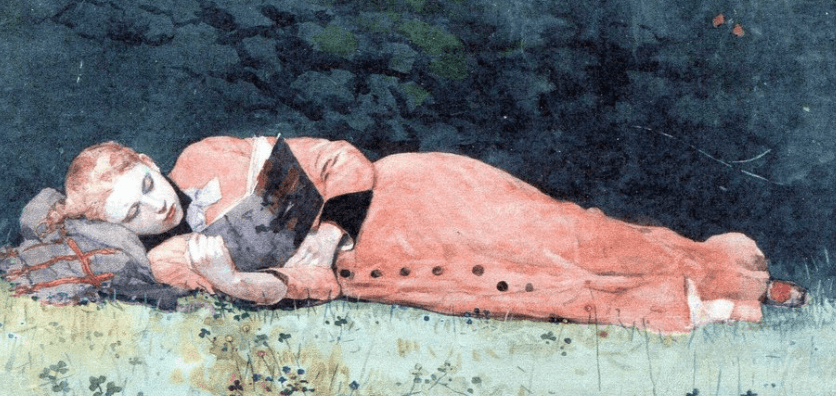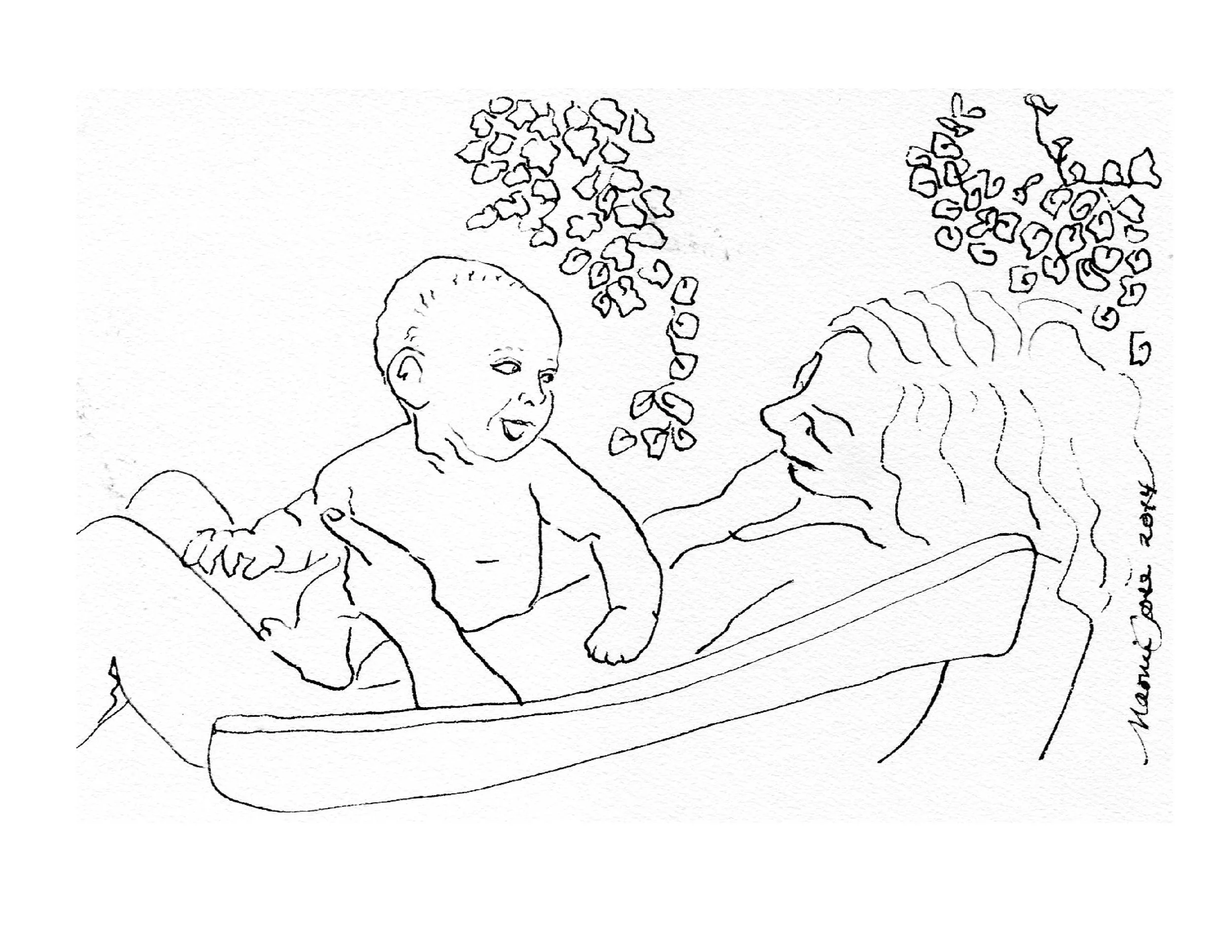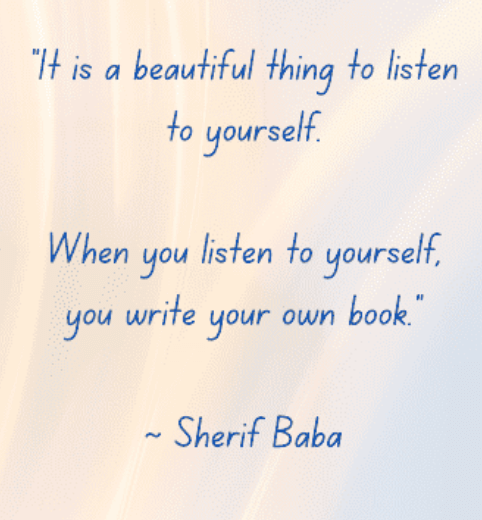RESOURCES FOR DEEP WRITING
Inspirational
Educational
Meditational
Deep Conversations
Listening
Healing Sounds
naomi rose, book Developer & Creative Midwife
There are so many doors that you can open
to enrich and undergird your deep writing experience.
Some relate to writing directly, but others affect the whole of you and then infuse into your writing and writing process.
Each of these resources offers an integrated approach to your inner landscape as a book writer:
Inspirational (extraordinary books on writing)
Educational (with a focus on deep reading)
Meditational (when you are centered in inner stillness, your writing emerges from that ground)
Deep Conversations (my interviews with creative spiritual teachers)
Listening (the bedrock source of all deep writing), and
Healing Sounds (supporting your creative flow)
All work together
to create optimal conditions
from which your authentic writing can flower.
These are the pages/doorways. See which call to you, then click on the link below.
-

INSPIRATIONAL: books on writing by great teachers
Some Superlative Writing Teachers Place Their Wisdom at Your Service
"You can make anything by writing." — C. S. Lewis
In the 1930s, Dorothea Brande wrote what would turn out to be a classic book, Becoming a Writer. In it, she says marvelous insightful things about, well, becoming a writer — including, but not limited to, separating your spontaneous subconscious mind from the “critic.” (Both are needed, but not at the same time.) This page explores and extols what she has to share with you for your own writing artistry.
Elizabeth Berg, a contemporary novelist with a large output of published books and (deservedly) a large following, also has wonderful things about writing to suggest, many of them quite inspiring. Always pointing in the direction of finding your authentic voice, she offers choice bits that can open doors for your authentic writing, many of these from her book Writing in the Open.
-

EDUCATIONAL: deep reading (a review of the book, "the shallows: what the internet is doing to our brain, by nicholas carr)
Deep Reading for Deep Writers
A fascinating exploration of the history of reading, and what we modern-day readers on the Internet may be losing in terms of human intra- and inter-connection from doing so much of our reading on the Internet.
The author’s premise is that with each innovation in mass communication — beginning with cuneiform writing on clay tablets in Sumeria — there have been gains, but also sometimes losses. This book charts the internal, attentional development of the human brain — and, inferentially, the human attention span, our ability for depth — through the changes in the communication formats of the time(s).
You probably never knew so much about the effects of superseding formats for reading over time, and what you may have gained — and lost. By opening to Carr’s research and conclusions, now you will.
-

MEDITATIONAL: shifting consciousness to receive deep writing from within
Everything You Need to Write Deeply and Beautifully Is Already in You — You Just Need to Be Able to Get to It
If you are called to write, you have it in you to do so. But when? After a day of work? While being anxious about how the writing will come out, or how many pages you can produce in a sitting?
No. You don’t need to beat yourself with a stick. You just need to shift your consciousness to that place within, that stillness where your creative inspiration dwells. Then linear time disappears, you are in a flow of concentration, and what you write rings true in you as you write it (and usually afterwards, as well).
The meditations on this page (both written and spoken by me) are simple to do and will likely lead to a very enjoyable experience of writing with full presence. When you are here for your writing, it tends to be here for you too.
DEEP CONVERSATIONS: interviews about creativity with true spiritual teachers
To write deeply is to have a deep conversation with yourself.
In these two interviews with spiritual teachers who are also profound creators, we talk about how the two domains go together, and how both are in everyone.
The first conversation is with artist, book artist, and letterpress printer Risala Mary Laird. Here’s one of her many memorable utterances: “It takes courage to keep our creativity alive, but it’s worth it because it will keep us alive.”
The second is with spiritual director, writer, and author Colette Lafia, who came forth with this statement during our conversation: “I think what matters is who you become, as you are willing to take the journey of creativity.”
Can you sense the overlap? Creativity is a process of becoming. So is the spiritual path.
LISTENING: writing a book you love depends on listening for what seeks to give itself to you
Listening is the secret ingredient of creating.
Whether you as creator are aware of it, those pure, epiphany moments — those lightning flashes momentarily cracking open the dark night sky, or subtle whispers waking you in the night from sleep — are also moments of deep listening.
To regain the joy of listening, drop a plumb line into the ocean of stillness by letting your ears take you there. There is always something to listen to — and your noticing will make a difference to that place in you that is ready to receive.
On this page, I reminisce about a children’s record called “Muffin the Blind Dog,” whose acute hearing saved the day . . . quote from the French philosopher, Jean-Luc Nancy, on listening . . . and offer a meditation on listening, so that it all begins to feel natural (and compelling!) to you.
HEALING SOUNDS: sounds you hear or sounds you make — both help you open to creative guidance
Writing a Book becomes easier, more natural & more beautiful with healing sounds.
Sound as vibration can be more than simply something to hear. It can vibrate the cells of your body, can clarify your thoughts, can bring you to a state of balanced wholeness that benefits all of you.
And if you were to write after hearing — or even making — such sounds, your writing might well reflect this balance, this harmony, this wholeness.
On this page, you are offered both kinds of sounds: (a) sounds to listen to (my introduction of Overtone Chanting, and my singing), and (b) sounds that you can make, yourself. Thanks to a simple meditation that includes your making sounds and then seeing what and how you might like to write, you can have the experience of being in this balanced, vibratory state and seeing how it affects your willingness to write and what you write (and how).




